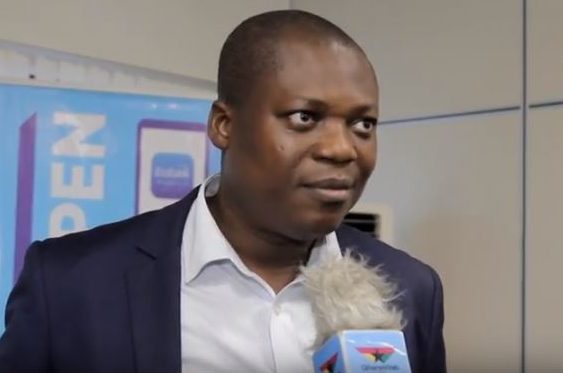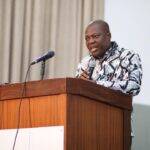Elections are an important process in all democratic societies.
In any election, societies work towards only two possible outcomes – win or lose and the two results are mutually exclusive, which means that only one of these outcomes could happen. This is why when there is no clear winner, the parties or persons will have to go through the process again for a winner to emerge.
To organize an election for only one expected outcome amplifies gravitation towards reverse democracy.
In an outcome of “No Votes” becoming popular in the intended December Referendum will only mean Ghanaians want to move on without amending Article 55(3).
While l do not want to deal with whether or not it is appropriate to suspend the referendum, since different jurisprudential schools of thought will answer this question differently, fetching from the well of value for money (causing financial loss to the state), procurement challenges and an obvious fear for 2020 election, it is certain that the effect of the President’s decision to abort the referendum will trigger constitutional interpretations; especially, questions on whether the Will of the people before an election should be left in the hands of voters or tele-guided to offend mutually exclusive principles that underpin an election.
The reasons given will further trigger the following questions:
1. If it is very clear on the lips of Ghanaians to vote in a particular direction, will election 2020 be held?
2. Given that the government was for YES vote, is the government the winner in this case?
3. To achieve consensus before setting the tone for an election cannot be guaranteed. Is it not such consensus we are testing through an election (referendum) such that a win for Yes will mean majority wants an amendment to Article 55(3)? Same consensus will be expressed in the outcome of the referendum with a stricter rule than the usual 50%+1 majority decision.
4. Should the issue raised by the President about consensus be taken seriously? Politicians know that even a minute to an election, voters do change their direction of voting.
The signal sent by the withdrawal or suspension can skew inward investment decisions by foreign investors. It has huge implications for 2020 economic management and election expectations.
Perhaps, we now know that when elections are near, expressions and statements by voters trigger a “shivering sound of an earthquake in mountainous regions.”
Good lessons for our democracy.







